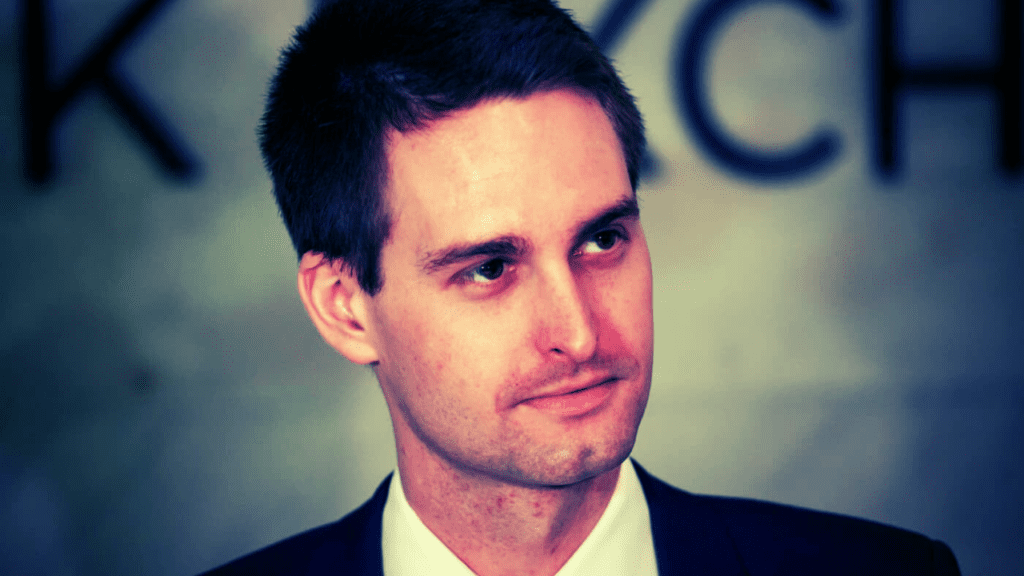
America’s wealthiest individuals often include seasoned entrepreneurs and industry moguls with decades of experience. However, in the ever-evolving landscape of business, there is a new breed of billionaires who have achieved remarkable success at a remarkably young age. In this article, we will explore the top 10 youngest billionaires in America, delving into their backgrounds, sources of wealth, and the paths that led them to join the exclusive billionaire’s club.
Table of Contents
1. Alexandr Wang

Age: 25 Net Worth: $1.0 billion (#727 richest in the U.S., #2,467 richest in the world) Source of Wealth: Artificial Intelligence
At just 25 years old, Alexandr Wang stands out as one of the youngest billionaires in America. He co-founded Scale AI, a data platform for artificial intelligence, which provides essential training data for machine learning teams. Notable clients of Scale AI include the U.S. military, SAP, Lyft, PayPal, Toyota, and General Motors.
2. Ryan Breslow

Age: 28 Net Worth: $2.0 billion (#504 richest in the U.S., #1,449 richest in the world) Source of Wealth: E-commerce Software
Ryan Breslow’s entrepreneurial journey led him to co-found Bolt Financials, where he serves as the executive chairman. His remarkable success is exemplified by Bolt Financials’ valuation, which skyrocketed from $250 million to an astonishing $11 billion in just three years.
3. Gary Wang

Age: 29 Net Worth: $4.2 billion (#257 richest in the U.S., #644 richest in the world) Source of Wealth: Cryptocurrency Exchange
Gary Wang co-founded FTX, a prominent cryptocurrency exchange, at the age of 29. As the Chief Technology Officer (CTO) of FTX, he played a pivotal role in the company’s growth. However, it’s worth noting that FTX faced challenges, including a bankruptcy filing in late 2022, which may impact Wang’s future wealth.
4. Palmer Luckey

Age: 30 Net Worth: $1.3 billion (#645 richest in the U.S., #2,031 richest in the world) Source of Wealth: Virtual Reality
Palmer Luckey’s journey into wealth began when he founded Oculus VR, a pioneering virtual reality company, in 2012. Notably, Facebook acquired Oculus VR in 2014, and Luckey received $2 billion in stock and cash. In 2017, he founded Anduril, a defense startup with an estimated revenue of $150 million in 2021.
5. Alex Atallah

Age: 30 Net Worth: $1.3 billion (#651 richest in the U.S., #2,073 richest in the world) Source of Wealth: Online Marketplace
Alex Atallah, along with Devin Finzer, co-founded OpenSea, a prominent online marketplace for non-fungible tokens (NFTs). In January 2021, OpenSea garnered significant attention when it achieved a valuation of $13.3 billion after a successful funding round.
6. Evan Spiegel

Age: 32 Net Worth: $2.7 billion (#395 richest in the U.S., #1,078 richest in the world) Source of Wealth: Snapchat
Evan Spiegel, the co-founder of Snapchat, made waves in the social media industry. Despite dropping out of Stanford to start Snapchat, he later graduated with a degree in product design in 2018. Spiegel, along with Bobby Murphy, owns an estimated 18% of the company.
7. Devin Finzer

Age: 32 Net Worth: $1.3 billion (#651 richest in the U.S., #2,073 richest in the world) Source of Wealth: Online Marketplace
Devin Finzer is the co-founder and CEO of OpenSea, a decentralized marketplace for NFTs. OpenSea has become a hub for collectors, sellers, and explorers of non-fungible tokens.
8. Joe Lau

Age: 33 Net Worth: $2.1 billion (#476 richest in the U.S., #1,375 richest in the world) Source of Wealth: Blockchain, Technology
Joe Lau, along with Nikil Viswanathan, co-founded Alchemy, a software company powering Web3 blockchain-based companies. In February 2022, Alchemy achieved a remarkable valuation of $10.2 billion, with Lau holding an estimated 26% stake in the company.
9. William Hockey

Age: 33 Net Worth: $1.4 billion (#628 richest in the U.S., #1,954 richest in the world) Source of Wealth: Fintech
William Hockey co-founded Plaid, where he served as CTO and president. Although no longer with Plaid, he is now the co-CEO and co-founder of Column, a nationally chartered bank enabling developers to create innovative financial products.
10. Bobby Murphy

Age: 34 Net Worth: $2.5 billion (#434 richest in the U.S., #1,194 richest in the world) Source of Wealth: Snapchat
Bobby Murphy, the co-founder and Chief Technology Officer (CTO) of Snap Inc., played a crucial role in the inception of Snapchat. Together with Evan Spiegel and Reggie Brown, they turned their Stanford idea into a social media giant. Murphy has also invested millions in California real estate.
These young billionaires come from diverse backgrounds and have pursued various paths to wealth. While some ventured into the tech industry, others made their mark in finance, e-commerce, and virtual reality. It’s worth noting the limited presence of women on this list, highlighting ongoing challenges and gender disparities in the business world.
As we continue to witness the ever-changing landscape of wealth creation, these young billionaires serve as inspiring examples of what can be achieved through innovation, determination, and a bit of good fortune.
Conclusion
The journey to becoming a billionaire at a young age is no easy feat. It requires dedication, vision, and the ability to seize opportunities when they arise. The top 10 youngest billionaires in America have not only achieved extraordinary financial success but have also left an indelible mark on their respective industries.
Now, let’s explore some frequently asked questions about these remarkable individuals.
FAQs
1. How did these young billionaires amass their wealth?
- These young billionaires acquired their wealth through various means, including technology startups, online marketplaces, and investments.
2. Are there any women on the list of youngest American billionaires?
- Women are noticeably underrepresented on this list, reflecting ongoing gender disparities in access to capital and opportunities.
3. What challenges did these young billionaires face on their path to success?
- Challenges varied among individuals, but they often included competition, financial risks, and the need to disrupt established industries.
4. How can aspiring entrepreneurs learn from the success of these young billionaires?
- Aspiring entrepreneurs can learn from their innovative approaches, determination, and willingness to take calculated risks.
5. What industries have been most conducive to creating young billionaires?
- Technology, fintech, and e-commerce have been particularly conducive to nurturing young billionaire entrepreneurs in recent years.





